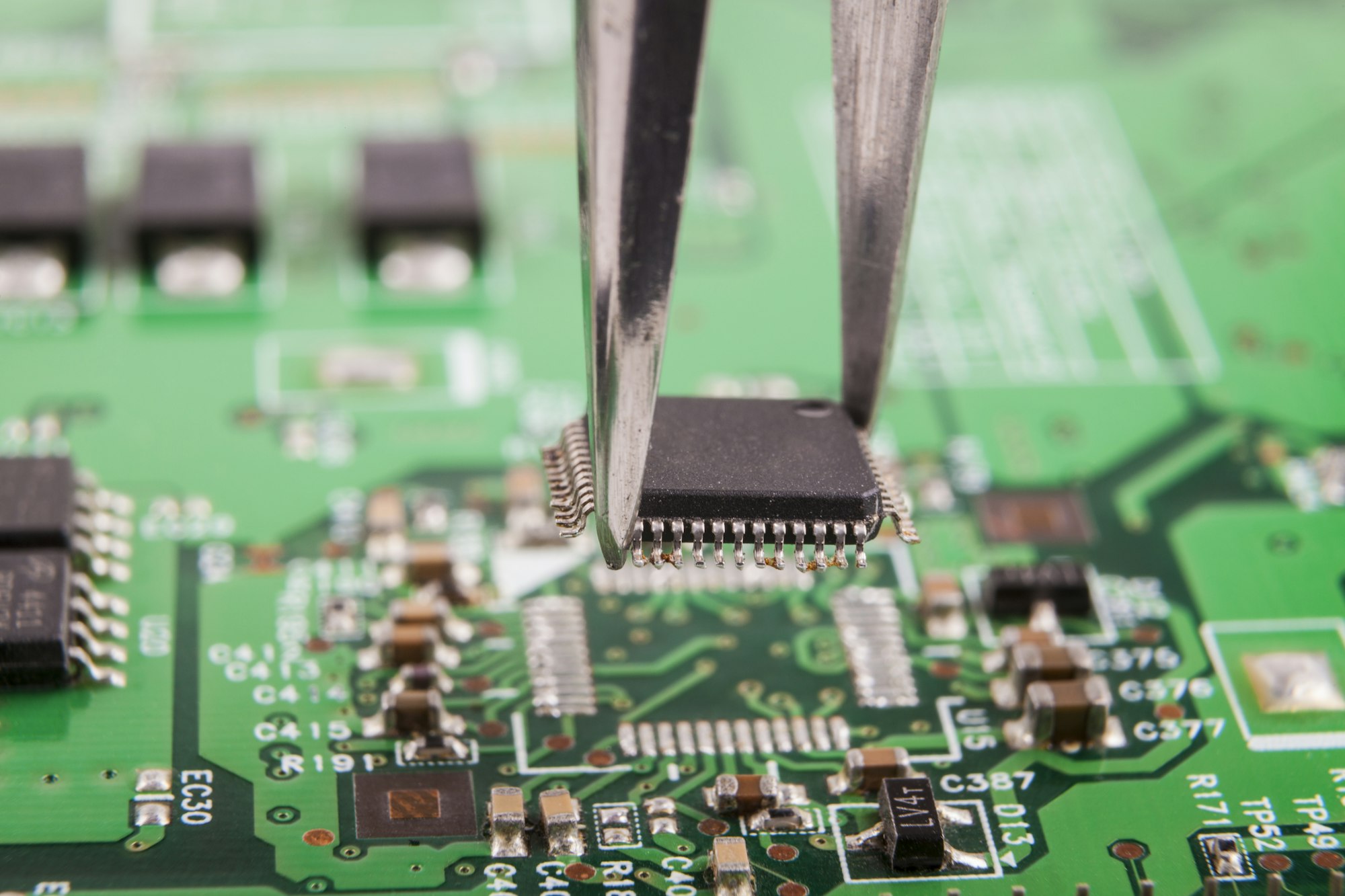What is PCB Coating?
PCB coating, commonly referred to as conformal coating, is a protective film applied to printed circuit boards to safeguard them from moisture, dust, chemical contaminants, and mechanical stress.
Overview of PCB Coating
PCB coatings are used to protect printed circuit boards (PCBs) from environmental factors such as moisture, dust, and chemicals. They also help prevent corrosion and electrical shorts, enhancing the longevity and reliability of electronic devices.
| Feature | Description |
| Purpose | Enhances reliability and extends the life of the PCB. |
| Material Types | Acrylic, Epoxy, Urethane, Silicone, etc. |
| Application | Spraying, Dipping, Brushing, Automated Coating Machines |

How to choose the best coating for your PCB?
When you’re choosing a conformal coating for your PCB, you need to think about things like the materials, the environment it’s going to be in, whether it’s going to be exposed to chemicals, how much voltage it needs to be able to handle, and what kind of temperature range it’s going to be exposed to. You also need to think about how well it’s going to work with your assembly process and whether you’re going to need to rework it. The following is an introduction to the properties of commonly used coating materials:
| Material | Moisture Resistance | Chemical Resistance | Ease of Application | Removability |
| Acrylic | Moderate | Low | High | Easy |
| Epoxy | High | High | Moderate | Difficult |
| Urethane | High | Very High | Very High | Very Difficult |
| Silicone | Very High | High | Moderate | Moderate |

Silicone and acrylic coatings are effective at protecting PCBs from moisture, with silicone providing excellent moisture and temperature resistance.
Acrylic coating is generally the cheapest option for coating PCBs, offering ease of application and good overall protection.
How do you test the effectiveness of a PCB coating?
To test the effectiveness of a PCB coating, you can use methods such as visual inspection, electrical testing for insulation resistance and dielectric breakdown, environmental stress tests (like temperature and humidity exposure), and chemical resistance tests. These methods help ensure the coating adequately protects the PCB under various conditions.



